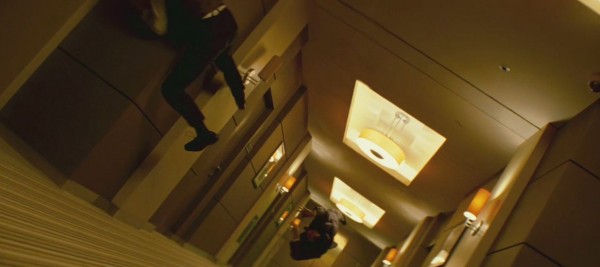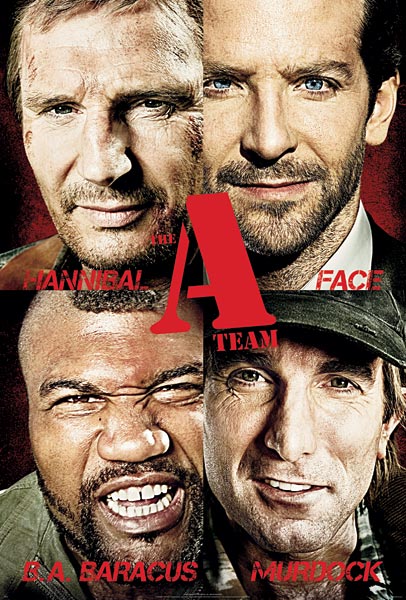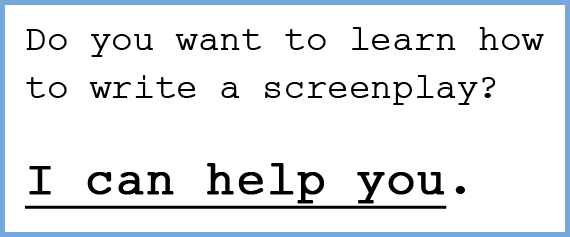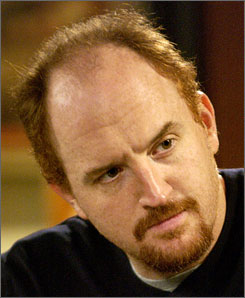
Louis C.K. in "Louie" on FX
I’ve hired a lot of writers… The more original, the more unique your stuff is, the better, I think, rather than trying to hit a certain place that’s going to get you employed. That usually just makes you like everybody else.
Continuing my coverage of FX Networks programming, I took part in a conference call interview with comedy veteran Louis C.K. who is premiering his new 30-minute comedy show “Louie” tonight.
Louis had some great insights into comedy writing and, for my money, elucidated the problem with network television and why it’s been getting its ass kicked by cable television for the past decade. Louis C.K.’s credits include Late Night with Conan O’Brien, “TV Funhouse” on Saturday Night Live, Lucky Louie on HBO and the cult hit movie Pootie Tang.
FX NETWORK: Louie
Premieres June 24, 2010/11:00 p.m. PDT
Dan Calvisi: You are listed as the only writer on IMDB. I don’t know if I missed some press materials where it lists other writers, but if that’s the case, what exactly is your writing process for writing these episodes?
Louis C.K. I am the only writer. That was a decision I made because I just wanted to write and make the show. Writers’ rooms, they kind of gravitate towards a certain place. There’s a need to perfect things in a writers’ room, and that can take a lot of fun out of a show sometimes. It’s a struggle. It depends on your personality. Some people love working with a writing staff. I had a great writing staff on Lucky Louie, but it sometimes felt like Congress or something. It’s like if you’re the president and you have the ability to just fire Congress, life would get kind of fun all of a sudden. Read more

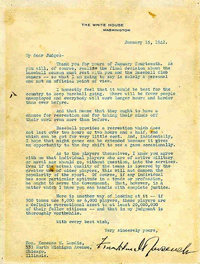


 After emerging from my sub-basement cryo-chamber as my alter-ego
After emerging from my sub-basement cryo-chamber as my alter-ego 


